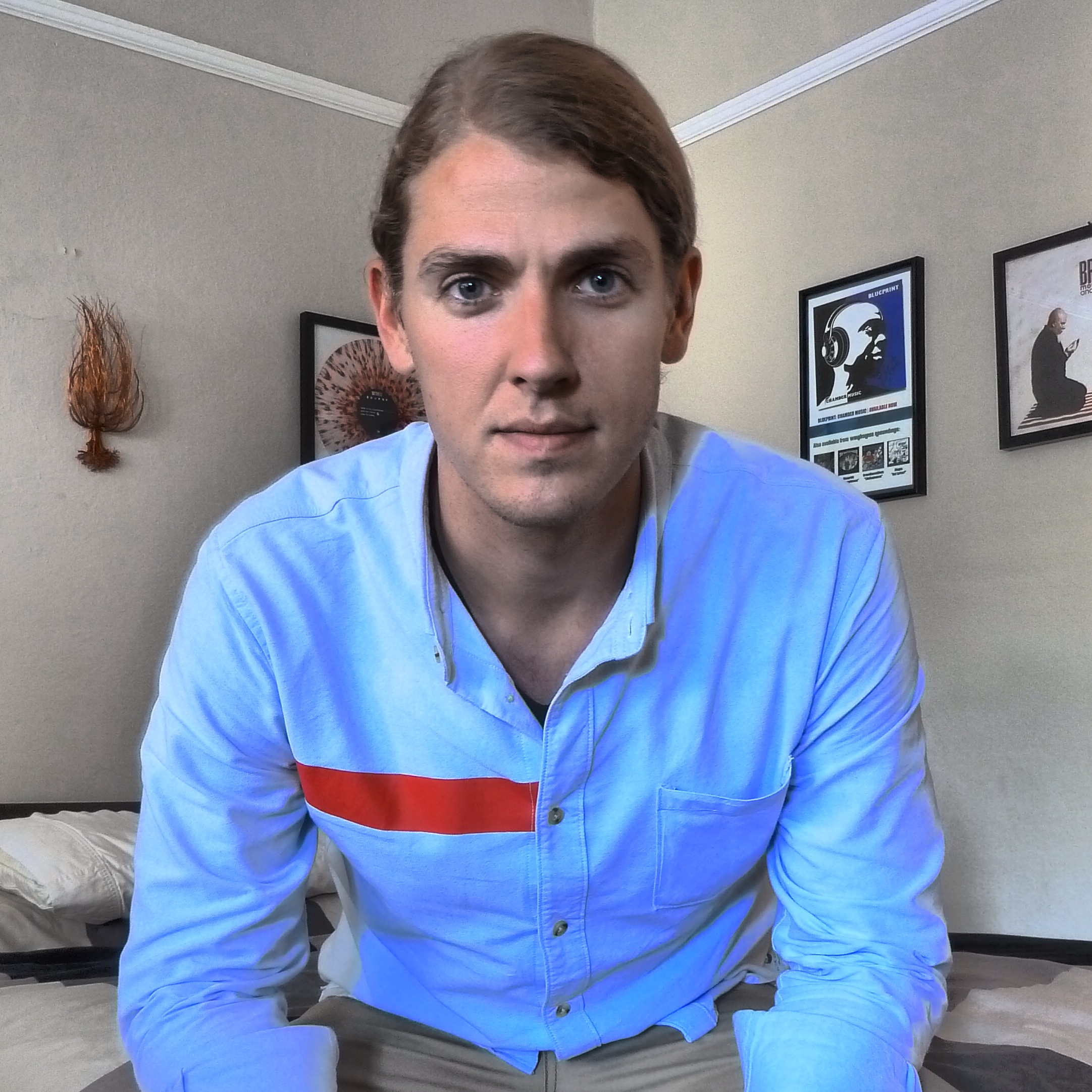HEAT WAVE — AKI SCHILZ
/When he turned up, I thought it was a joke. He tapped me on the shoulder and I turned to see a row of crooked teeth smiling at me from a wide face rough with dirt and stubble, and before I could say, Excuse me, sir, but aren't you a bit close for comfort? he said, 'Marley?' and held out a bunch of daisies with the dirt still on them. This was summer. My dress was stuck to my legs and he sidled onto the bench next to me before I'd said a word and dropped the flowers right onto my lap, then peeled my summer dress from my knees, raised his eyebrows, winked at me with blue-sparkle eyes, and lit up a cigarette. Just like that. 'You Earl?' I scowled in the way that guys usually find sexy but he didn't bat an eyelid, just looked at me coolly and blew out a line of smoke, real slow. Then he nodded. Already I was thinking, who the hell meets a girl for a blind date at a gas station with a bunch of ripped-up daisies anyway? He wasn't tall and handsome like Jen said he would be, but medium height and kinda funny-looking, like the world had squashed him on one side. He didn't go to college to major in Philosophy (Jen told you that? Well she's a liar then, a damn pretty one but a liar all the same.) but he did like Catcher in the Rye which was kinda like philosophy really, he reasoned as he rolled his second cigarette. Which is when I accepted one and puffed away on it furiously. The daisy dirt had stained my dress and I was piping mad at Jen. He bought me a beer, even though I asked for a lemonade, if you please. He mocked me, If you please, he said, and snarled in a way that made me think of a wolf, slick and dangerous and curled tight as a spring. That's when he kissed me. Maybe that's when I should have stopped him except by then we'd been sitting on that goddamn bench with tension crackling like smoke-fire between us, and maybe it was the beer or the heat, I don't know, but I kissed him back something fierce, fiercer than I've ever kissed a boy, and he tasted sweet and he said my name again, but softer, like a question, and I leaned in like I was falling into him and then I did. And we both fell then, tumbled and tumbled through the hottest summer and we kissed and drank beer and jumped into the river with all our clothes on and lay panting on the banks and peeled them off each other with our teeth. And for a moment I thought I might have loved him. Jen and I didn't talk for the whole summer. Which is a long time. Summer lasts longer than daisies. But not as long as all that. Not really.
Aki Schilz is a writer and performance poet based in London, England. Her fiction has been shortlisted for the HG Wells Prize, longlisted for the Fish Prize, and has appeared in various online publications. She is the winner of the inaugural Visual Verse Prize, supported by Andrew Motion, and is currently working on her first poetry pamphlet, and her second novel. She is also Editorial Services Manager at The Literary Consultancy, an editorial assessment service working with writers internationally. Aki tweets micropoetry here: @AkiSchilz.










